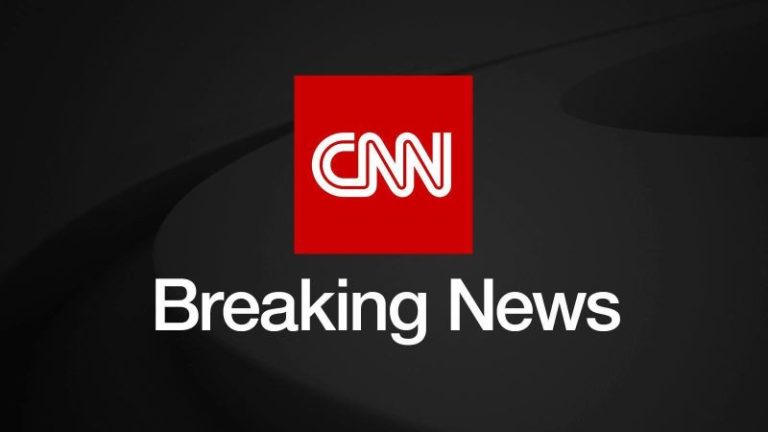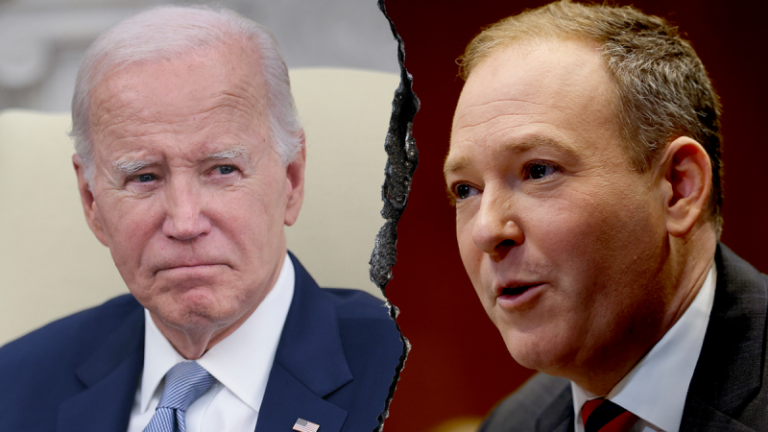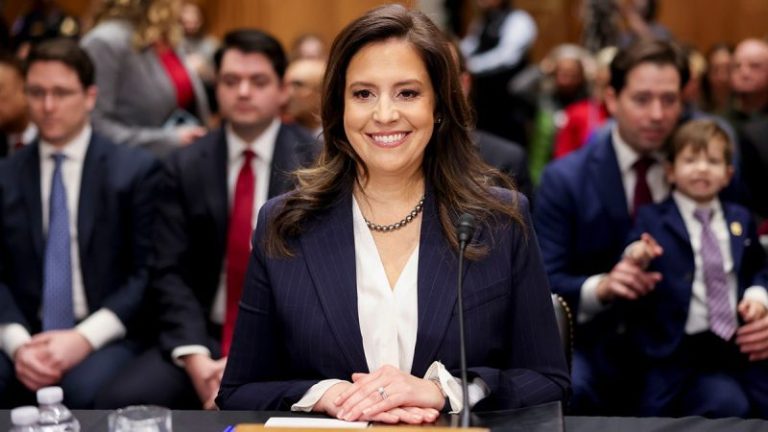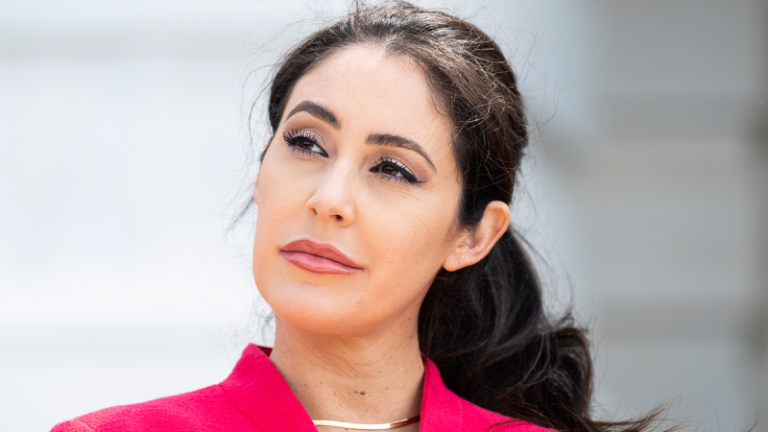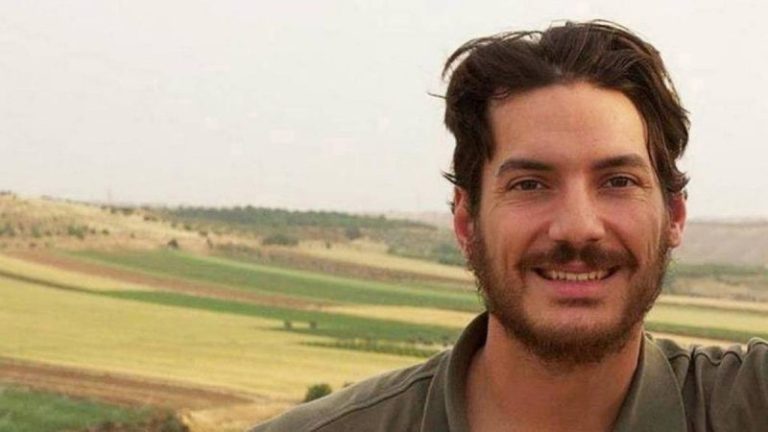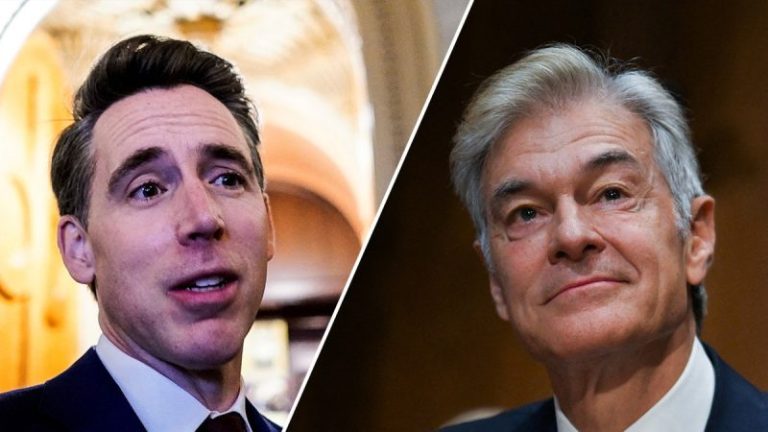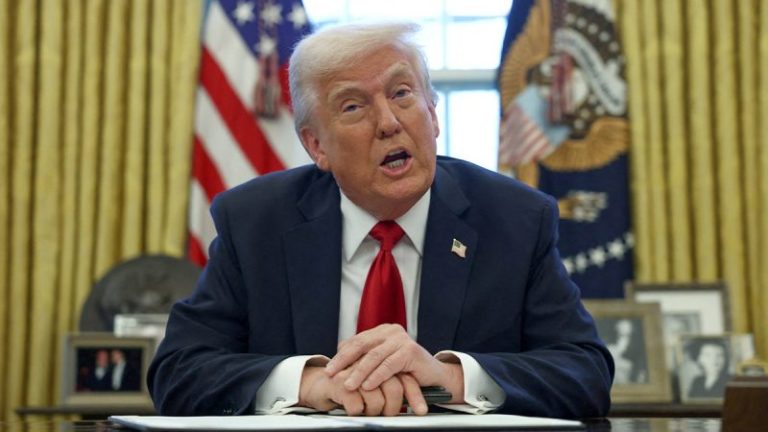Rep. Elise Stefanik, R-N.Y., saw her nomination to serve as ambassador to the United Nations under President Donald Trump crumble last week before she ultimately withdrew her name from consideration.
The saga unfolded quickly, with Senate Foreign Relations Committee Chairman Jim Risch, R-Idaho, only being informed of Stefanik’s withdrawal by the White House roughly two hours before Trump shared it on social media.
Two senior House GOP aides told Fox News Digital that even Republican leaders were blindsided by the decision.
‘Trump pulling Stefanik’s nomination for ambassador to the U.N. blindsided seemingly everyone on Capitol Hill,’ one senior House GOP aide said Thursday. ‘As early as yesterday, representatives were praising her as the ‘soon-to-be-ambassador.’’
A White House official told Fox News Digital it was about the GOP’s shrinking majority in the House: ‘The season for needing votes is upon us – reconciliation, debt ceiling. Every vote counts.’
Trump himself was reportedly concerned about the slim House majority and Democrats over-performing in special elections in Florida. Stefanik, who had been poised for a bipartisan confirmation process, said she’d spoken with Trump multiple times since Thursday.
‘It was a combination of the New York corruption that we’re seeing under Kathy Hochul, special elections and the House margin,’ Stefanik said on ‘Hannity’ Friday. ‘I’ve been in the House. It’s tough to count these votes every day. And we are going to continue to defy the political prognosticators and deliver, deliver victory on behalf of President Trump and, importantly, the voters across this country.’
‘The president knows that. He and I had multiple conversations today, and we are committed to delivering results on behalf of the American people. And as always, I’m committed to delivering results on behalf of my constituents,’ she added.
Upon hearing the news, Sen. Lindsey Graham, R-S.C., told reporters, ‘The only reason they would do it is because of the House,’ referring to the lower chamber’s slim majority.
‘Because everybody likes her [and] thinks she’s qualified.’
‘But I could understand why that would be a problem,’ he explained.
Senate Majority Leader John Thune, R-S.D., wasn’t even aware of her looming withdrawal when reporters first asked him. ‘It’s probably something to do with political realities,’ he said.
The Republicans’ House majority is crucial to getting Trump agenda priorities done through the key budget reconciliation process, which the GOP has been trying to expedite.
With an already fragile majority, Republicans also faced potential trouble on two fronts in special elections prior to Stefanik stepping back.
For Stefanik’s New York district, Republican-on-Republican infighting was threatening the party’s hold on the seat.
One of the candidates even threatened to run as a third-party candidate if he didn’t get the GOP nod.
That could have put the possibility of splitting the Republican base in play, giving a Democratic candidate a prime opportunity to prevail – though GOP elections sources denied concerns over her seat.
Another point of concern for the GOP majority is the election to replace national security advisor and former Rep. Mike Waltz in Florida’s 6th District on Tuesday.
The Democratic candidate, Josh Weil, and Democrats have poured money into the race to flip the red seat.
If Weil is successful, Republicans in the House would have one less vote to advance Trump’s agenda items, particularly his hallmark tax cuts.
As the reality of these concerns set in, Trump took to Truth Social last week to confirm that Stefanik was withdrawing as U.N. ambassador nominee. ‘I have asked Elise, as one of my biggest Allies, to remain in Congress to help me deliver Historic Tax Cuts, GREAT Jobs, Record Economic Growth, a Secure Border, Energy Dominance, Peace Through Strength, and much more, so we can MAKE AMERICA GREAT AGAIN,’ Trump wrote on Truth Social.
‘With a very tight Majority, I don’t want to take a chance on anyone else running for Elise’s seat. The people love Elise and, with her, we have nothing to worry about come Election Day. There are others that can do a good job at the United Nations,’ he said.
This post appeared first on FOX NEWS

